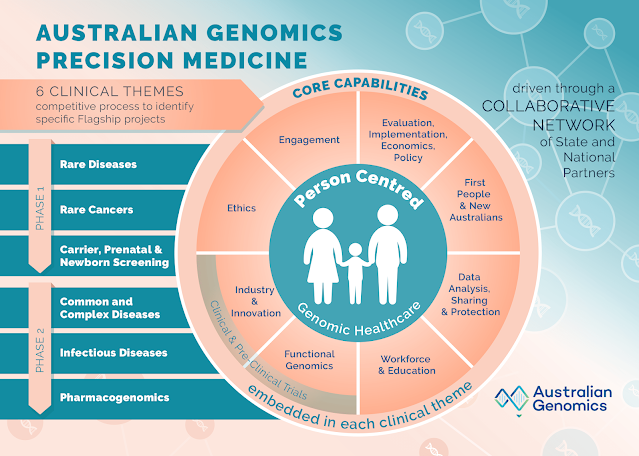Covid: ongoing loss of smell may be caused by nasal cell destruction
Millions of people who lost their sense of smell after contracting Covid may have an ongoing, abnormal immune response that destroys cells in the nose, researchers say.
Doctors analysed nasal tissue from Covid patients and found that those with long-term problems with their sense of smell had inflammation-driving immune cells inside the delicate nasal lining, which were potentially wiping out vital sensory nerve cells.
Dr Bradley Goldstein, an associate professor in neurobiology at Duke University in North Carolina, said tissue from the lining of the nose “contained unique immune cells producing inflammatory signals, combined with fewer olfactory nerve cells”. The unusual immune response was seen only in patients whose loss of smell persisted for months.
“It appears that there is an unresolved local immune response, which the delicate olfactory cells are seeing,” he added.
Ever since doctors noticed that many Covid patients lost their sense of smell, it has been unclear whether the virus damages sensory cells in the nose, areas of the brain that process olfactory information, or both.
The researchers studied biopsied tissue from the nasal lining of 24 Covid patients, including nine who had lost their sense of smell for at least four months. Tissue from the latter group revealed that T-cells involved in inflammation had infiltrated the nasal lining where smell nerve cells are found. The unusual immune response was seen despite the patients having no detectable Covid virus, suggesting it was persisting after the infection had been cleared.
When the researchers looked at the number of sensory nerve cells involved in smell, they found that those who suffered long-term loss of smell had notably fewer, possibly because the delicate tissue of the nasal lining had been damaged by the T-cell-driven inflammation. Similar wayward immune responses might explain other symptoms of long Covid, Goldstein said.
At least 5% of people who lose their sense of smell during a Covid infection do not recover the sense quickly or fully, amounting to about 15 million people globally, researchers reported in the BMJ this year. “Currently, we have no specific, effective treatments,” said Goldstein. “To develop therapies, we need to understand the pathobiology of the problem: what is damaged and where.”
Writing in Science Translational Medicine, the researchers explain how the findings might pave the way for new treatments for post-Covid loss of smell. One option is to block inflammation-driving immune cells locally in the nasal lining, a part of the body that is easy to reach with creams and sprays. “We are encouraged by these findings and are hopeful that new treatments may emerge,” said Goldstein.
Danny Altmann, professor of immunology at Imperial College London, said the work was an “important addition to decoding the many pathological ploys of Sars-CoV-2.”
“As we’ve seen before, profound symptomatic changes can occur in the absence of live virus detectable at the scene,” he said. “The loss of smell has been one of the key mysteries and these findings offer an answer, along with previous findings of changes to the olfactory bulb in the nervous system.”
“In Covid-19 patients, persistent olfactory problems have been shown to be associated with the shrinking of brain regions related to our sense of smell,” said Dr Gwenaëlle Douaud, a neuroscientist who has studied the effects of Covid on the brain at the University of Oxford. “Inflammatory processes are known to be ongoing in the brain following Sars-Cov-2 infection, regardless of whether the virus itself is present, and this biopsy study now provides further evidence that such a specific brain loss could be related to persevering inflammation and loss of olfactory neurons in the nasal cavity itself.”
… as 2022 draws to a close, and you’re joining us today from India, we have a small favour to ask. It’s been a challenging year for millions – from the war in Ukraine, to floods in Pakistan, heatwaves across Europe, protests in Iran, global economic turbulence, and continued repercussions from the global pandemic. The Guardian has delivered rigorous, fiercely independent reporting every day. It’s been no mean feat. Will you support our work today?
Being a reader-funded news publication allows us to keep our journalism open and free for everyone across the world. This feels more vital than ever. In 2022, millions have turned to us for trusted reporting on the events that shaped our world. We believe equal access to fact-checked news is essential for all of us.
Unlike many others, the Guardian has no shareholders and no billionaire owner, so our reporting is always free from commercial and political influence. This emboldens us to seek out the truth, and fearlessly demand better from the powerful.
Now, more than ever, we understand not everyone is in a position to pay for news. But if you are, we need you this December. Whether you give a little or a lot, your funding will power our open, independent journalism for 2023 and beyond. And regardless of your ability to pay, we welcome you as a reader. Support the Guardian from as little as $1 – it only takes a minute. If you can, please consider supporting us with a regular amount each month. Thank you.
International Conference on Infectious Diseases






